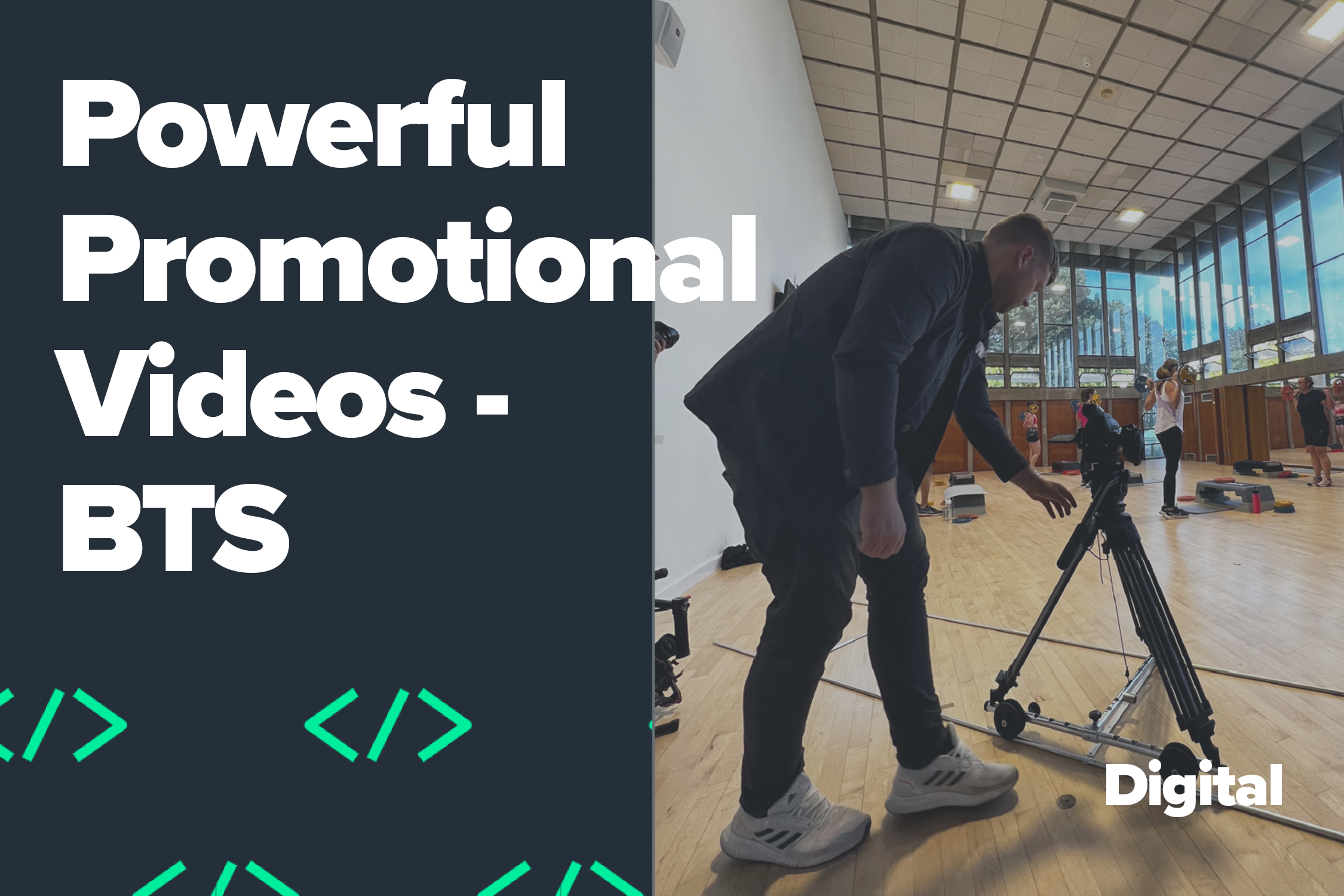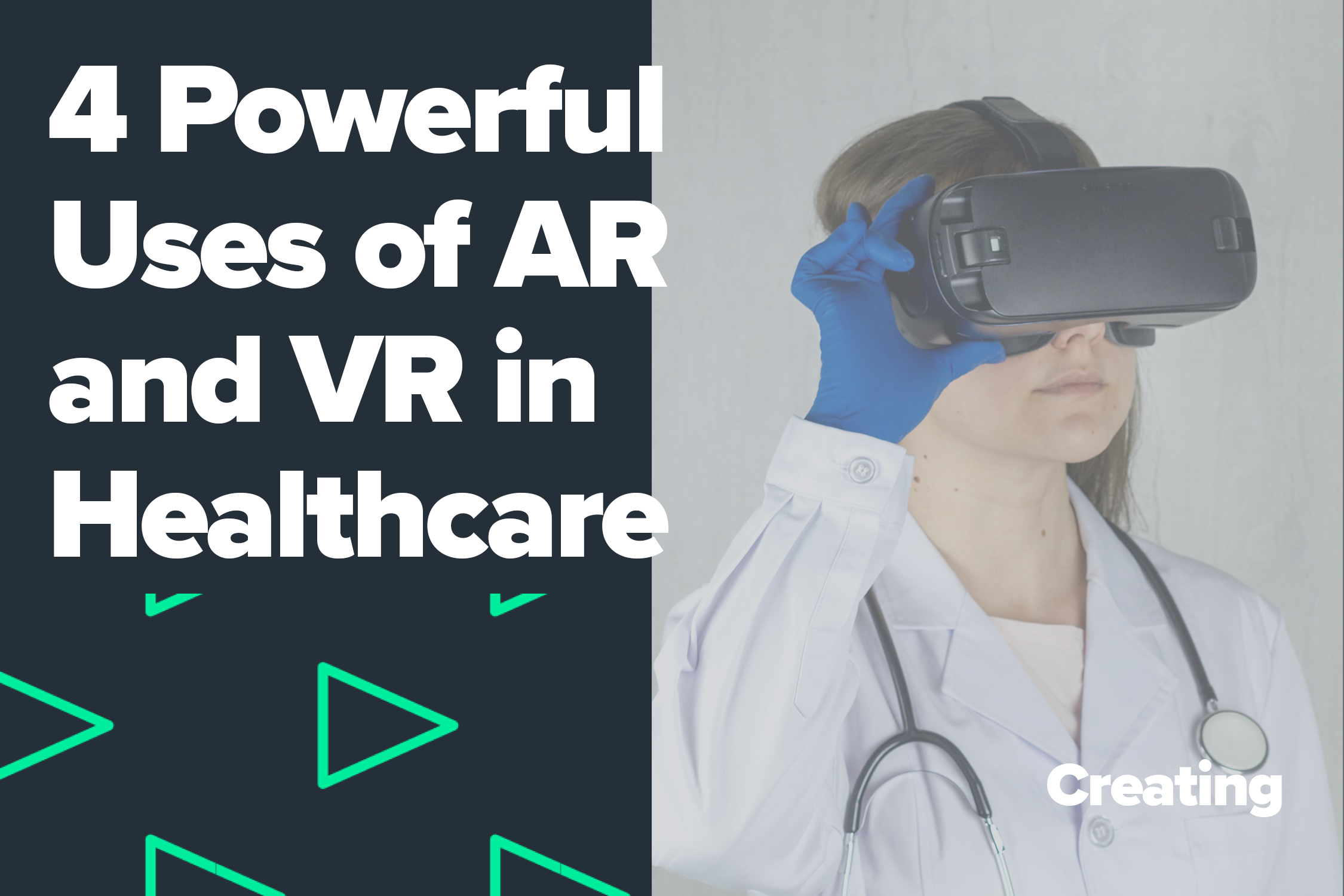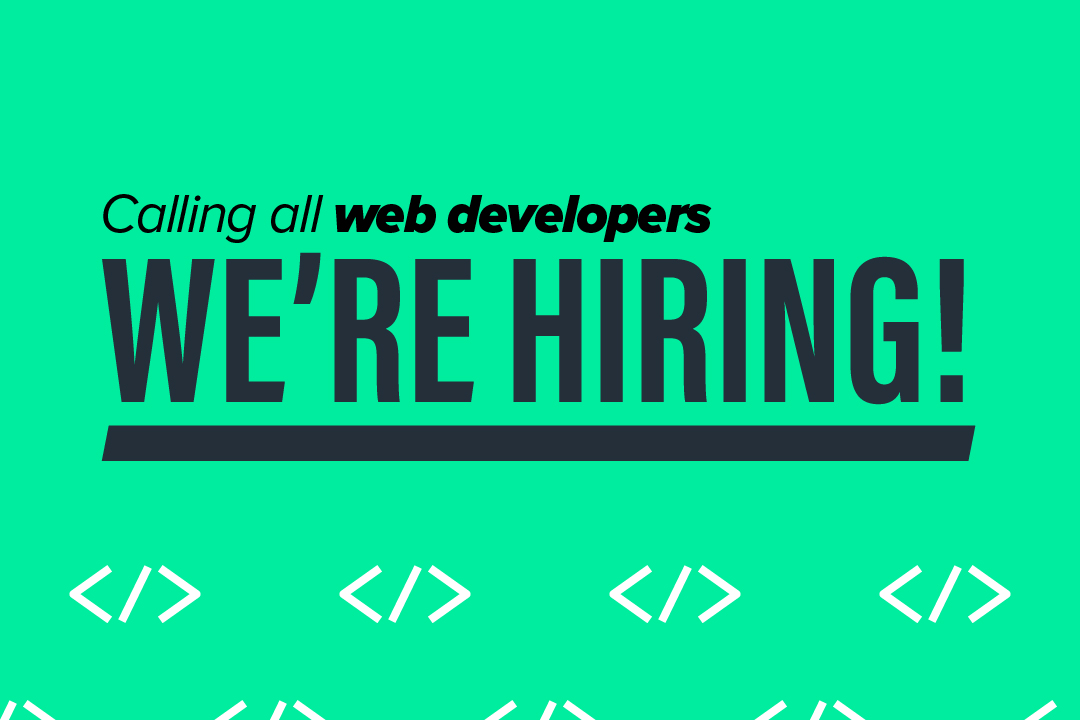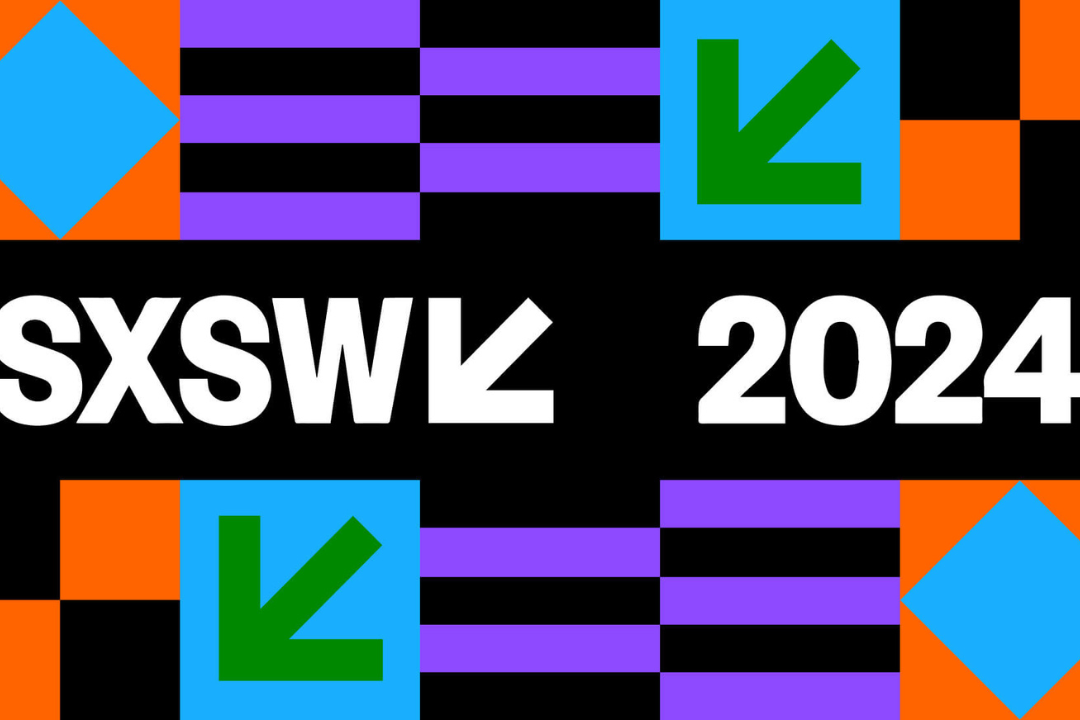We were inspired by a really great BBC article to discuss the increasing evolution of technology within the healthcare industry.
Over the years, we’ve worked with various healthcare businesses such as Reckitt Benckiser, Perrigo & Smith & Nephew, working to provide innovative solutions to make patients and consumers lives easier when it comes to healthcare. Much like the BBC, we’re noticing how technology is having a massive impact on the way we manage and access healthcare.

The BBC article we came across discusses Jonathan Rothberg who’s daughter suffers from tuberous sclerosis, causing cysts to grow in her kidneys. She needed repeated ultrasound scans, which was time consuming and involved many trips to the hospital. A few years down the line Jonathan Rothberg produced the Butterfly IQ, a device which uses thousands of sensors to build a picture of the human body in the same way that an ultrasound does. He explained his reasoning behind producing the device stating “Our vision wasn’t just to empower healthcare professionals. We wanted anybody, anywhere, to have a window into the human body.”

With a forecasted shortfall of more than 15 million healthcare workers by 2030, technology advances like Butterfly IQ that utilise Virtual and Augmented Reality, Smart Devices and Artificial Intelligence, are helping to fill in the gaps that as people we just don’t have the capacity to do anymore.
The demand for Virtual Reality and Augmented Reality technology has become increasingly popular across our own client base, with the ability to save time, money and make patients and healthcare professionals lives easier, becoming more paramount than ever.
Technology is regularly being used as a way of providing practical training for Doctors and Surgeons. AR & VR are creating life like environments that enable them to practice their skills as many times as they need to when it comes to tricky procedures and surgeries.
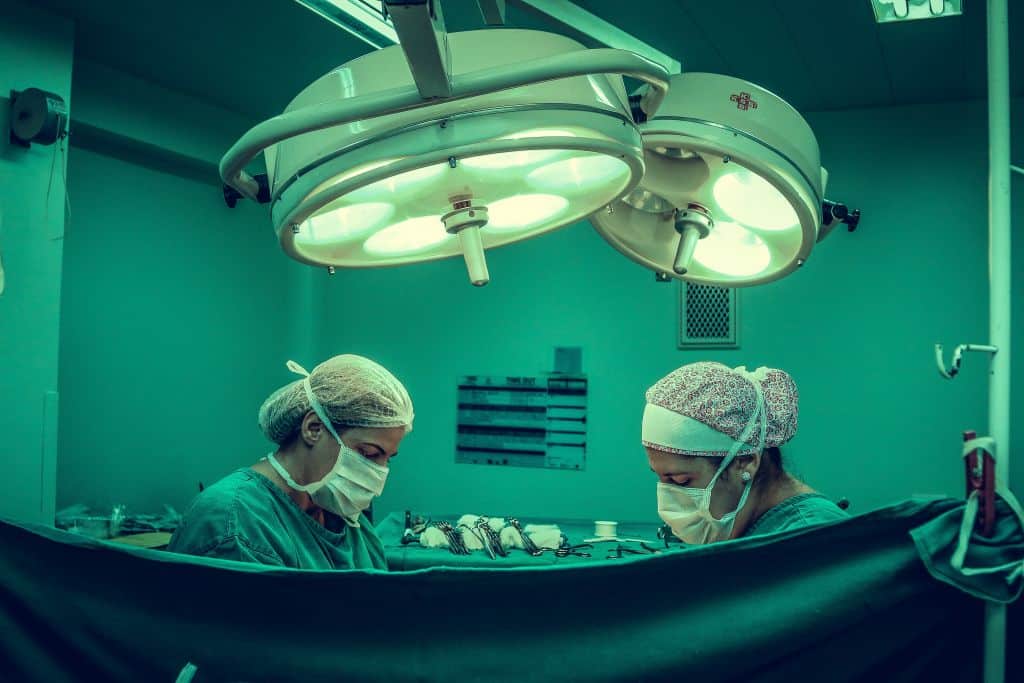
Wearable Technology is also following suit, with the introduction of the Smartwatch, users were able to monitor their own health, accessing data about their blood pressure, heart rate and calories burnt for the first time ever. Businesses are now jumping on the bandwagon (and rightly so), with the introduction of at home blood pressure monitors, glucose monitoring systems and wearable smart asthma devices.
Technology is gradually altering the way that the healthcare industry operates, supporting patients and helping them to understand and monitor their own health and slowly making doctors of us all….
If you’re interested in finding out about the digital projects we’ve worked on with our healthcare clients, then get in touch.


